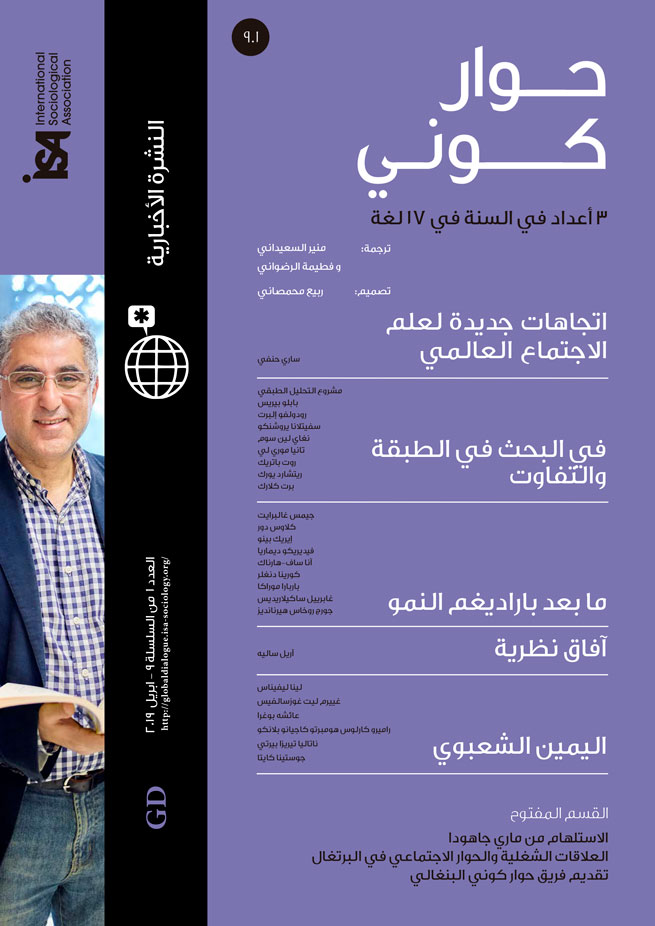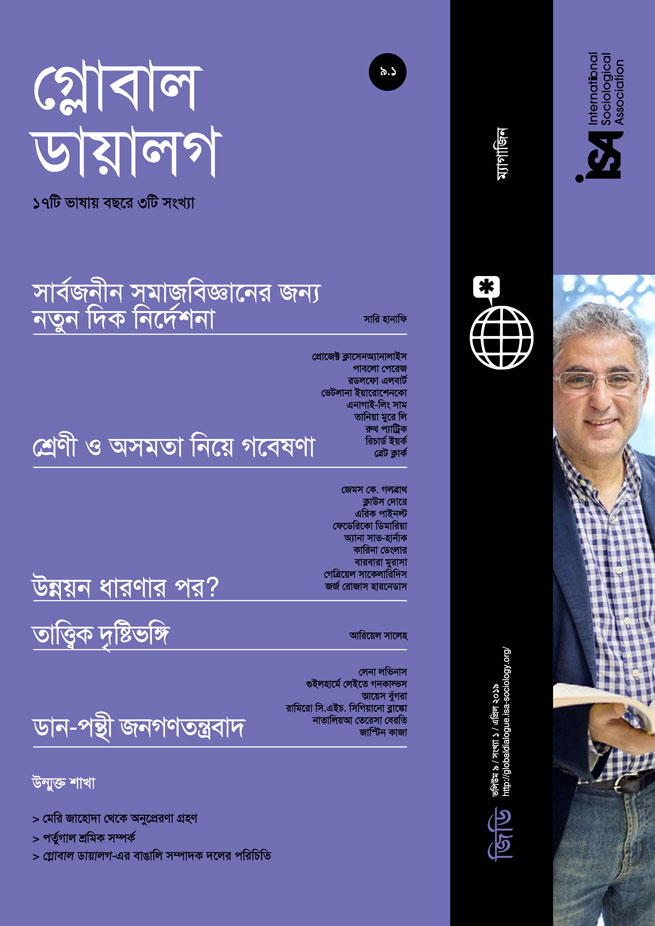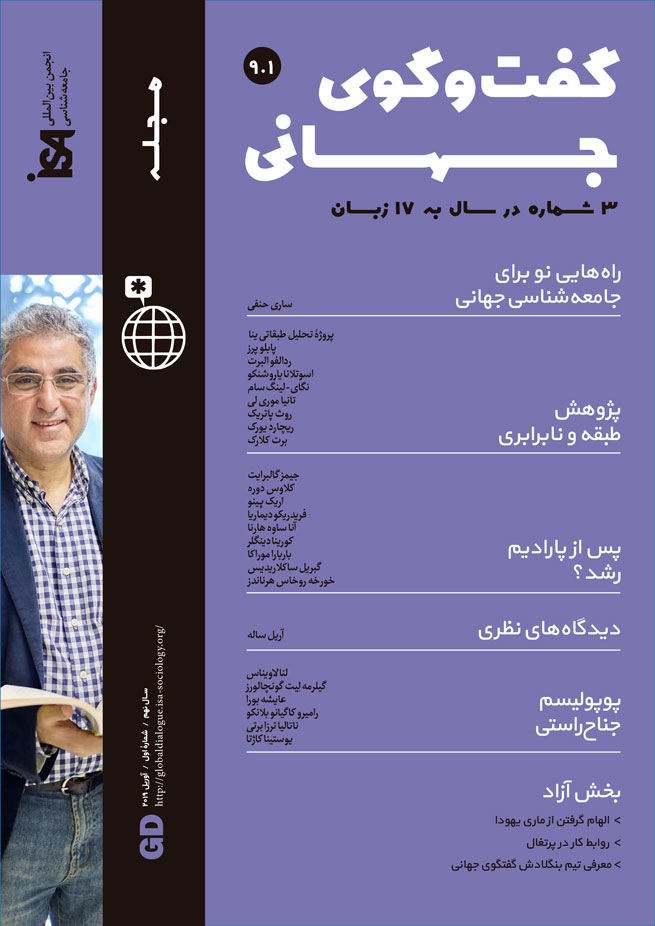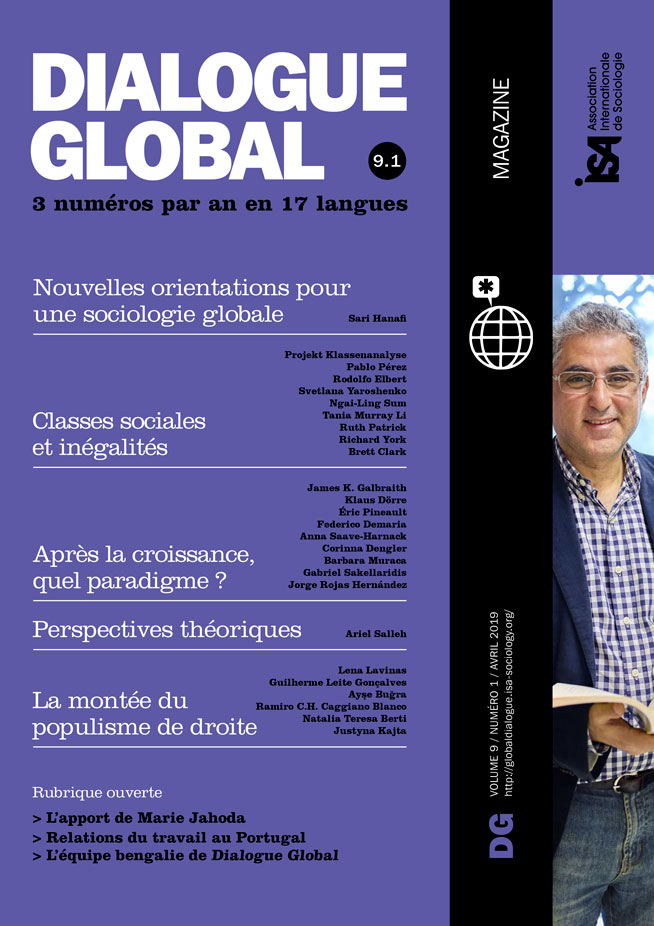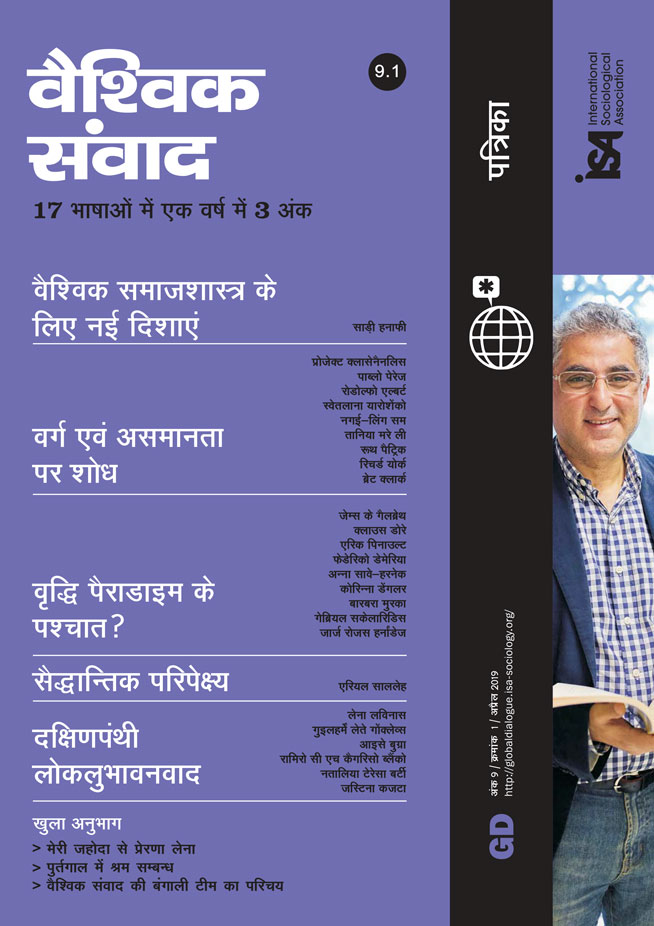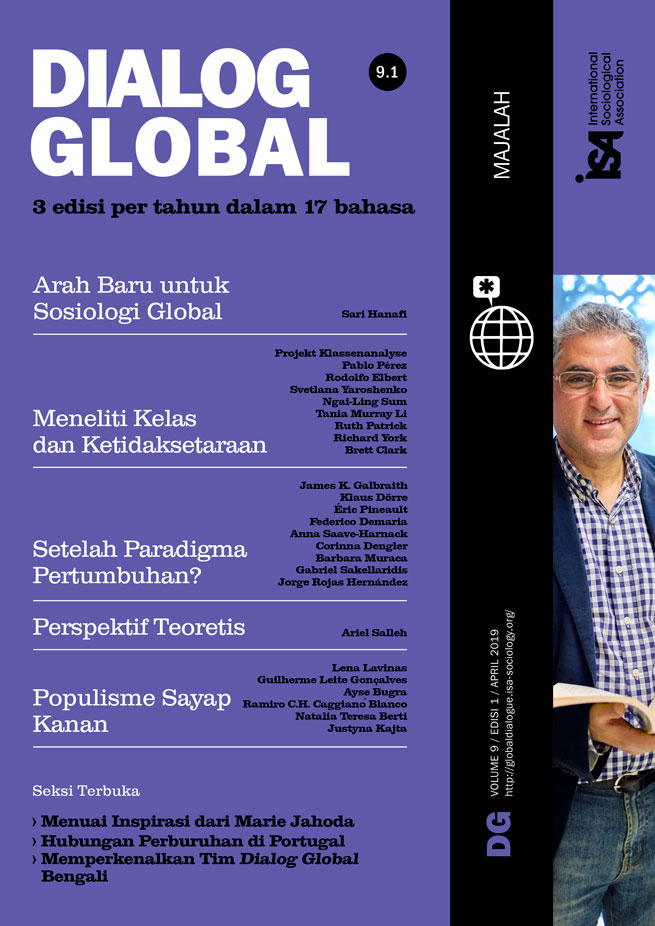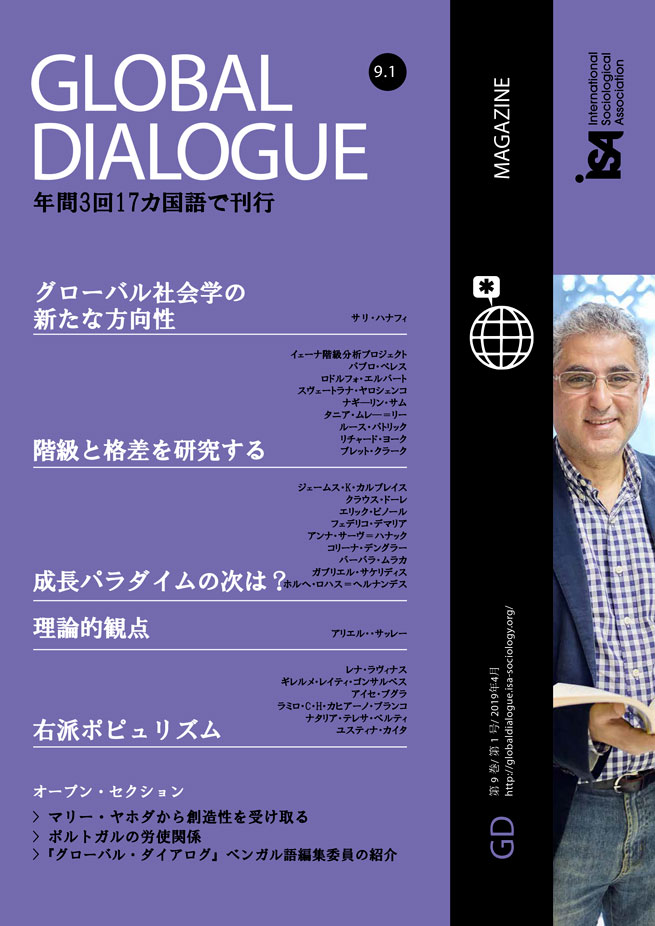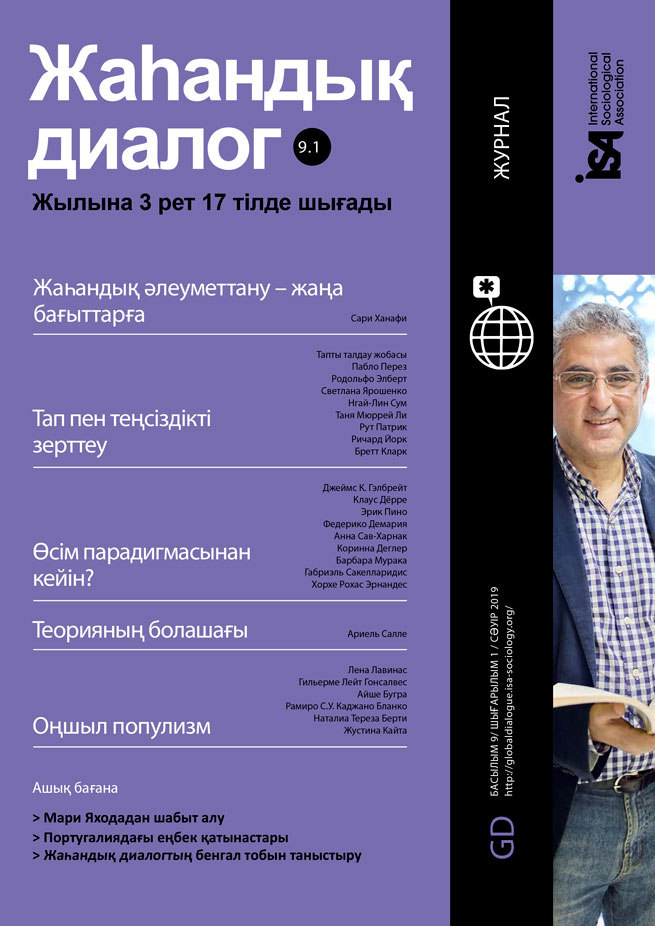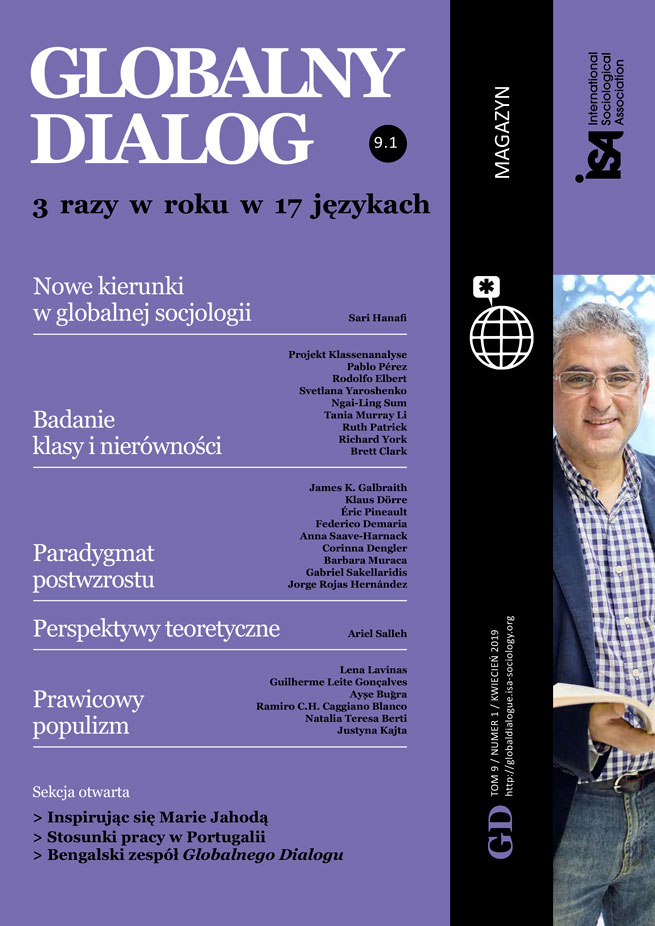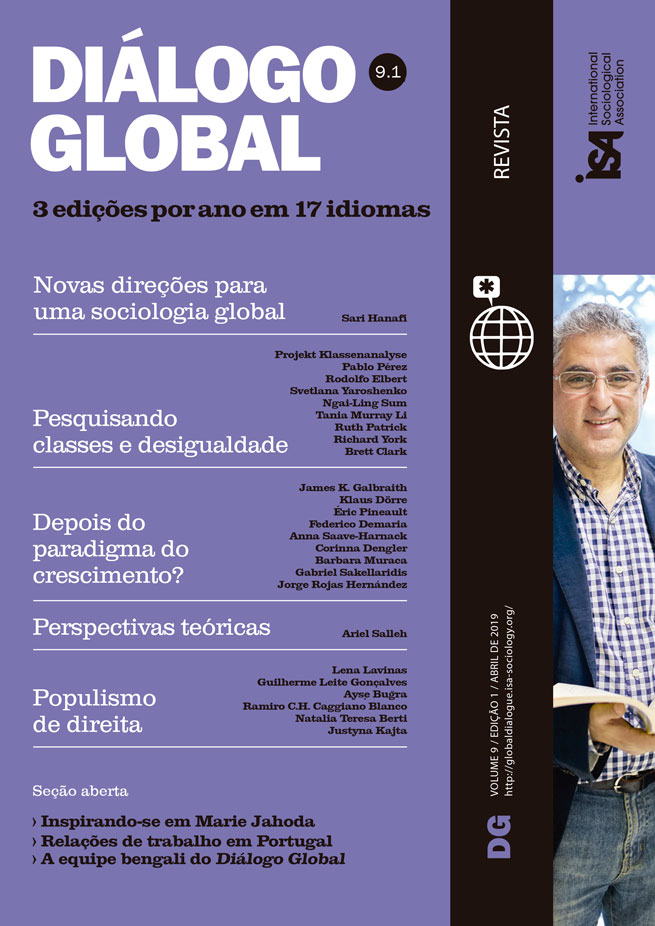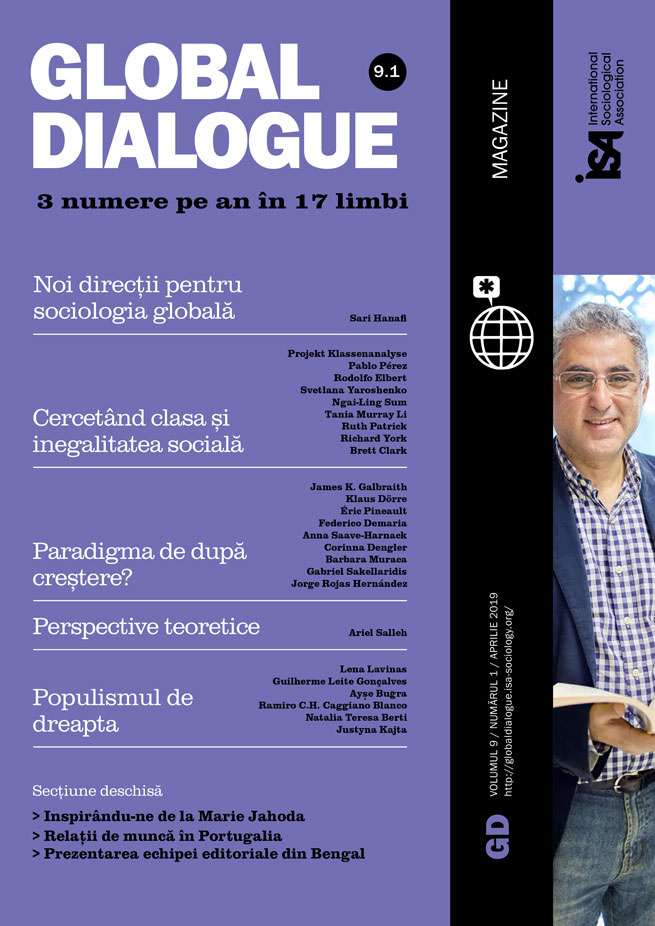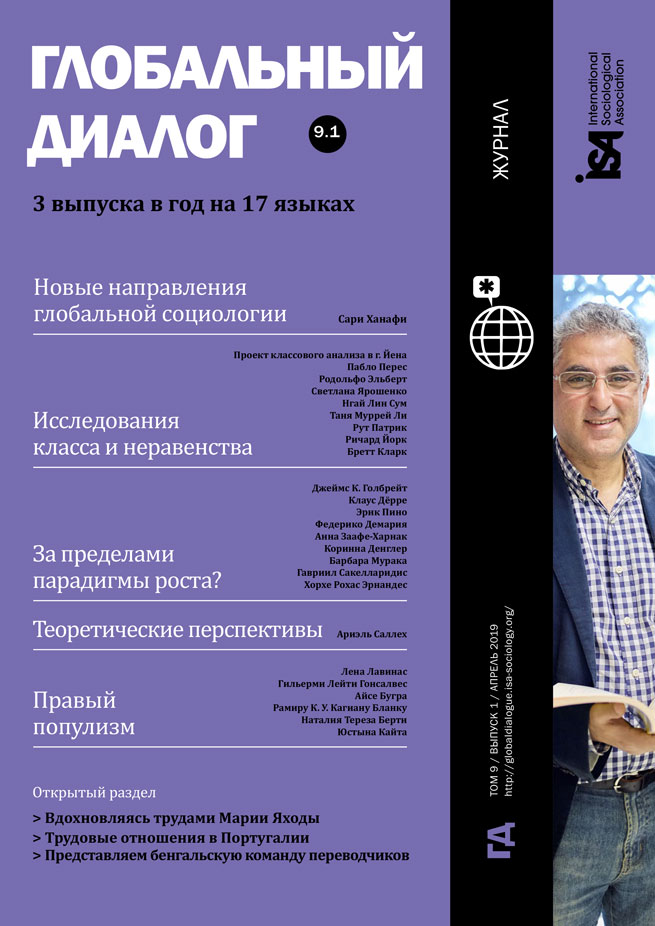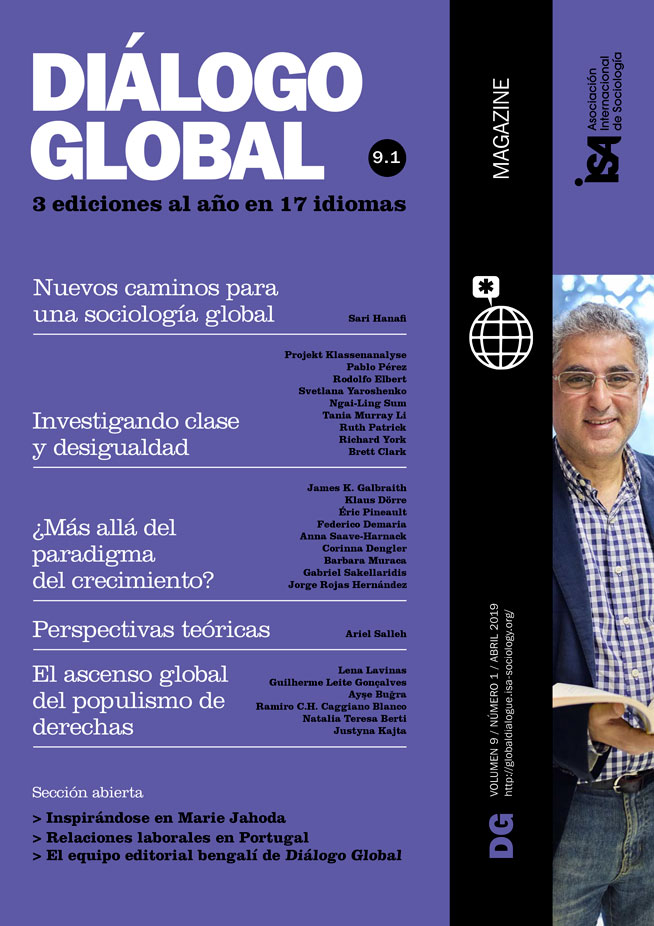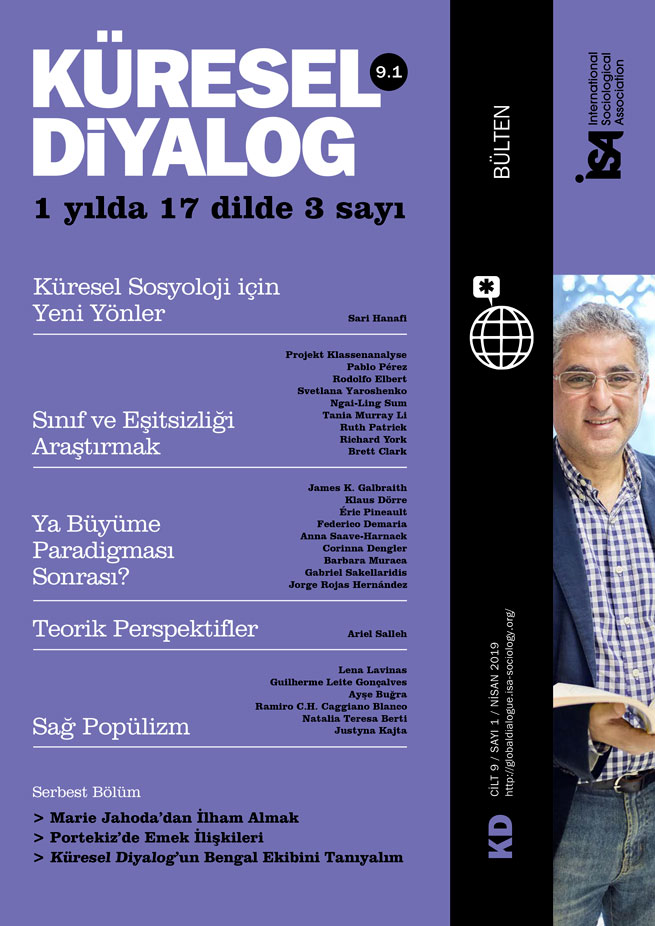Taking Inspiration from Marie Jahoda
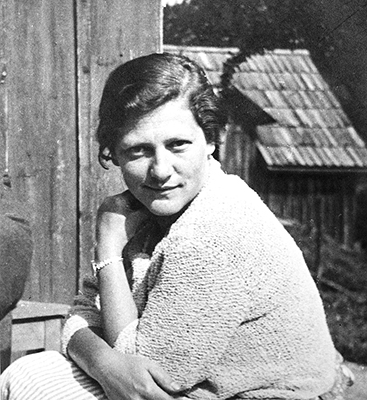
March 14, 2019
In 2017, the authors of the present article were engaged in editing, financing, and presenting the until-then almost unknown doctoral thesis of the famous Austrian social scientist Marie Jahoda, who finished her dissertation at the end of 1931 under the supervision of Karl and Charlotte Bühler. In 1932, the University of Vienna approved the dissertation. The dissertation was based on 52 qualitative interviews with inhabitants of the so-called Versorgungshäuser in Vienna, which were a kind of old-age home for poor and ill persons. It was the first empirical study to use biographical information of working-class people. The interviews and the dissertation offer an impressive look at the oppressive living conditions of the working class in the second half of the nineteenth century and the first decades of the twentieth century.

Simultaneously, Jahoda was involved - as is better known - in the famous study, “Marienthal: The Sociography of an Unemployed Community,” which she wrote in collaboration with Paul Lazarsfeld and Hans Zeisel. She wrote the main parts of this report during the summer of 1932.
In 1937, the Austrofascist regime forced her to leave Austria with a few days’ notice, with her forced departure preceded by imprisonment. Her engagement with the social democratic movement had been forbidden by the Austrofascist regime since 1934. Only international intervention enabled her escape.
Jahoda first moved to Great Britain, where she was involved in several applied research projects, including a study of a subsistence production scheme in a Welsh mining region with high unemployment. In 1945, moving to the United States, she obtained a position in the research department of the American Jewish Committee, where she completed several empirical studies. In late 1947, she moved to the Bureau of Applied Social Research at Columbia University and started a fruitful cooperation with Robert K. Merton. In 1949, she became an Associate Professor and, in 1953, a Full Professor of Social Psychology at New York University. In 1958, she returned to Great Britain for private reasons and became a professor at Brunel University; in 1965 she accepted a founding position as Full Professor of Social Psychology at the University of Sussex. Jahoda died in the United Kingdom in 2001. In her home country of Austria, her extraordinary achievements were honored only very late in her life, in the late 1980s. She wanted to return to Austria after the Second World War, but received no job offers.
Marie Jahoda is the author of more than 250 publications, covering many different fields: employment and unemployment; attitudes and change in attitudes, especially concerning anti-Semitism; conformity and authoritarianism; public health; research methods and methodology; and psychoanalysis. The large number of her reviews in prominent journals shows her vital interest in different scientific fields.
What we can learn from Marie Jahoda
As social scientists and politically engaged citizens, what can we learn from her scientific work and biography? First, as authors, we would like to mention our different backgrounds. One of us is a full professor of sociology at a university, another is engaged at a think tank, and the third has a position at the Austrian Chamber of Labor. We are of different ages and genders. We also share certain aspects in our backgrounds. The three of us studied social science (sociology and socioeconomics) at the same university, and we all want to help solve social problems and reduce social inequalities.
The first conclusion we would draw from Jahoda’s scientific work and biography is that we should focus our work on people’s real-life problems. That also means engaging personally with people’s social problems. Jahoda’s biography offers many good examples. Such engagement stimulates research, as Jahoda stressed in her methodological work, and also allows for a better understanding of social phenomena and may even lead to finding solutions. Jahoda stressed that scientific questions developed in the abstract are not always useful for defining and solving social problems. This plea is neither new nor specific to Jahoda. As we all know, it is not an easy one to answer.
Second, we learn from Jahoda that the analysis of social problems and social inequalities requires interest in many scientific fields and cooperation with colleagues from different scientific disciplines. Interdisciplinary competition is unhelpful, because it is not possible to divide social problems by scientific field. Marie Jahoda’s work knew no scientific boundaries, with her interdisciplinary focus especially between sociology and psychology. Her concept of non-reductionist social psychology is fruitful for exploring what she called social reality, linking social structure and personality (respectively, sociology and psychology). One task of non-reductionist social psychology is to analyze which experiences a social institution provides, how their interpretation influences people’s behavior, and vice versa. Jahoda’s concept of the five latent functions of employment is still an excellent example of this linkage. The concept assumes that employment as a social institution provides specific kinds of experiences that fulfill basic (fundamental) human needs. Employment (1) structures the day; (2) activates people; (3) broadens people’s social horizon beyond their private family; (4) contributes to higher collective purposes; and (5) provides social identity and status.
These five latent functions and their relations to basic human needs are still important and useful in analyzing social changes, at least in Western countries. We should ask ourselves more frequently to what extent and for which groups of people certain societal developments violate these basic human needs. According to Jahoda’s methodological principles, such analysis should be based on the everyday life experiences of people and their human needs. Keeping that in mind will make our analyses livelier and our findings more convincing (see the discussion about think tanks in Global Dialogue 8.2). Our results will find broader audiences and stimulate public discussion (not everybody must agree!).
Finally, our analyses should focus on the development of humanity. In our opinion, the social sciences have recently concentrated primarily on the question of why society hinders the development of our humanity. These analyses, while urgent when considering the severe and diverse social problems faced by our global societies, often lead to a negative or pessimistic diagnosis, and such a negative view has become part of our identity as social scientists. Following Jahoda, we should link real-life problems more closely to our scientific research on the one hand and develop a more optimistic attitude on the other hand. This would also help us to strengthen the role of academic expertise in the scientific and political discourse in a time of growing influence for neoliberal think tanks. Our analyses should in part answer the following question: what societal conditions must be fulfilled for us to develop our humanity?
Johann Bacher, Johannes Kepler University Linz, Austria <johann.bacher@jku.at>
Julia Hofmann, Chamber of Labour Vienna, Austria Julia.HOFMANN@akwien.at>
Georg Hubmann, Jahoda Bauer Institut, Austria <georg.hubmann@jbi.or.at>

